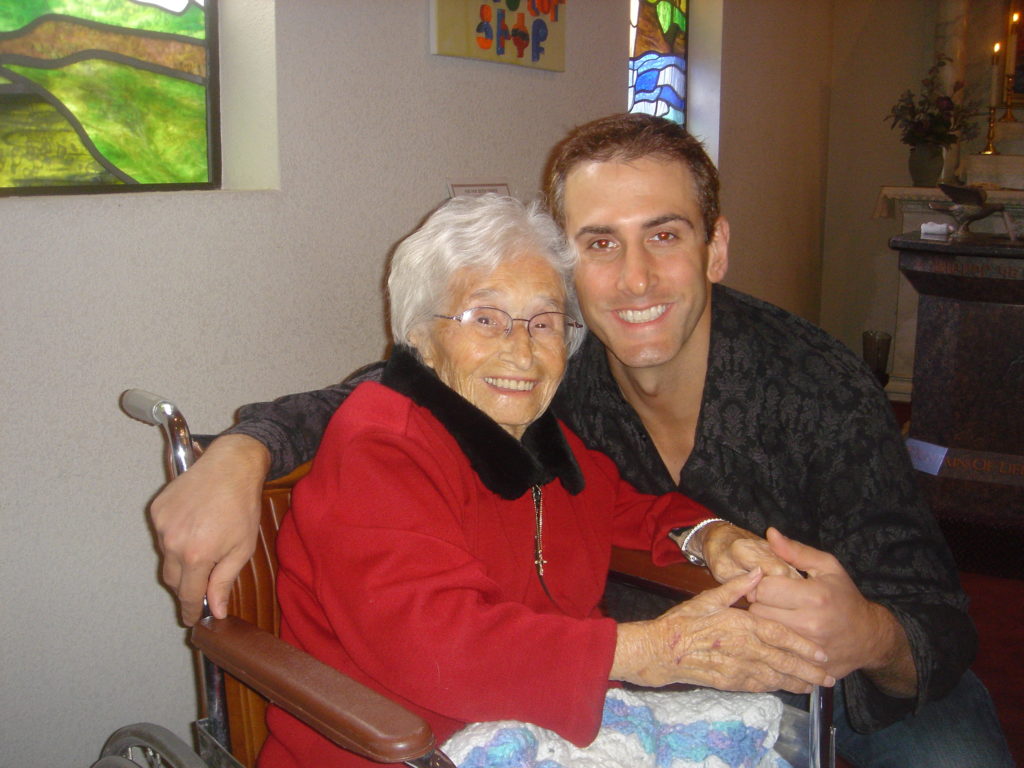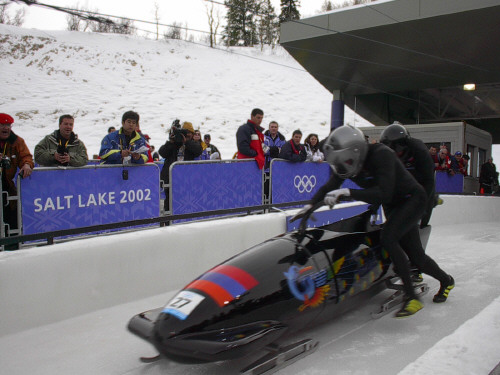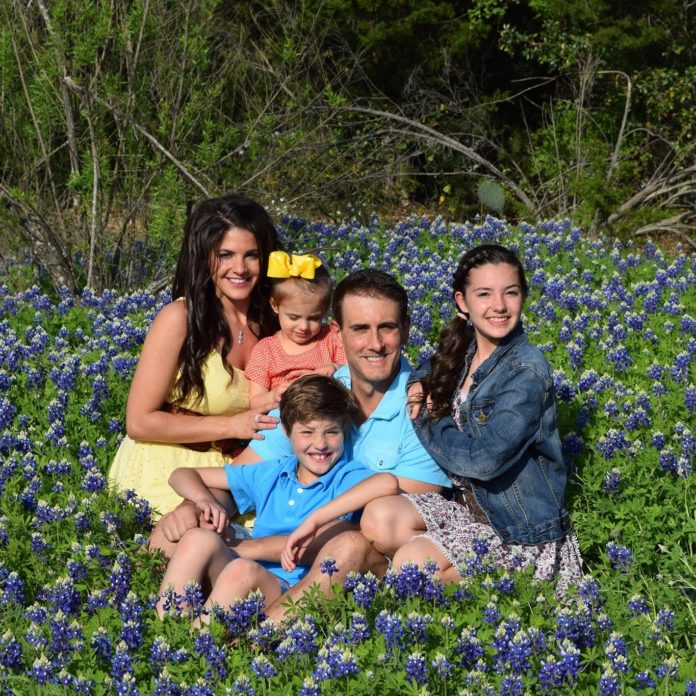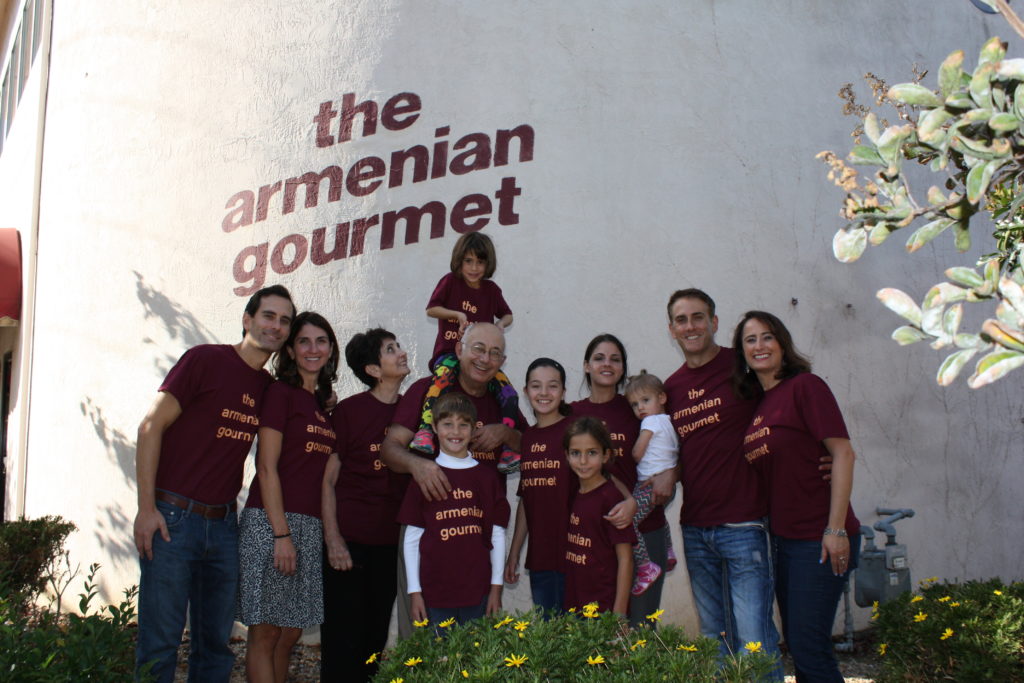LEANDER, TX – Every so often, a new Armenian name pops up among political candidates on the national scene in the US. Armenians rejoice even when the candidate has tenuous connections to his roots. Today, in the 31st Congressional district, an area north of Austin, Texas, there is a new candidate running in the primary election, Dan (Daniel Armen) Janjigian, who is strongly connected to his Armenian heritage. Some may remember him from 2002 when he was one of two members of the Republic of Armenia’s bobsledding team in the Salt Lake City Winter Olympics. Significantly, if Janjigian wins the primary election, he will be running against a Republican incumbent, Rep. John Carter, who not only refused to cosponsor the successful Armenian Genocide resolution H.R. 296 but did not even show up to vote on it last fall.

Background
Janjigian, 47-years-old, grew up in a very Armenian household. Born in Chicago, he and his family soon moved to the San Francisco Bay area in northern California, where his parents, Aram and Florence, started a popular restaurant called the Armenian Gourmet in 1974 in Sunnyvale. It operated successfully for the next 40 years. As a result, Dan grew up surrounded by Armenian food and frequently was present at various Armenian ceremonies, with his parents doing the cooking. He served in church until the beginning of high school as an acolyte. He was involved in the Armenian Church Youth Organization and would go to Armenian camp in summer, becoming a counsellor. He said, “That was one of the favorite times in my life,” and recalled with a chuckle how he and Matt Vasgersian, today a sportscaster and television host, would get into trouble and have to go shovel manure as punishment.
Later he would go to various Armenian events like ACYO Sports Weekend and the Navasartian Games.

Janjigian’s maternal grandfather came from Samsun and his maternal grandmother from Trebizond. It was this grandmother, Nevart Karagozian, who had the most profound impact on him. In awe, he said, “The woman saw the bulk of her family murdered and still found a way to keep going, found a way to go through orphanages and then come to the US with just her and her brother, to move here and then live in Watertown for a little while, and then get moved out to Fresno and build a life there.” She lived to be nearly 101 and had an infectious laugh.
Janjigian contributed to a book with Jack Canfield as part of the Chicken Soup for the Soul series (The Soul of Success Volume Two, https://www.amazon.com/Soul-Success-2-Jack-Canfield/dp/0996197842/ref=asap_bc?ie=UTF8) and based his chapter on his grandmother’s story. He wrote the chapter in the first person and tied it to the principles of success he said he learned from her.












